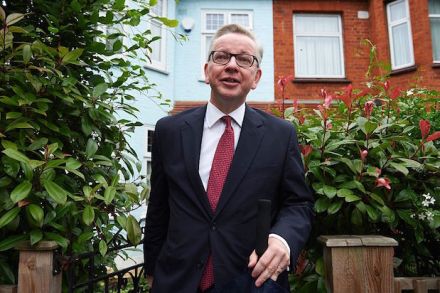Brexit Britain deserves a better PM than Theresa the Technocrat
Please, no, not Theresa May. Theresa the technocrat, who doesn’t do ideology, passion or even gossip, would be the worst PM for Britain right now. Post-Brexit Britain, where politics has become interesting again, after 17.5m souls gave an otherworldly establishment just the fright it needed, needs a leader who is properly political, up for debate, and maybe even a ruck. Not May, not this apolitical politician, not this woman who says ‘I will get the job done’ as if she’s applying for a position in HR rather than Downing Street. Having May run Brexit Britain would be like having a bank manager referee a Mike Tyson fight. You can tell




















